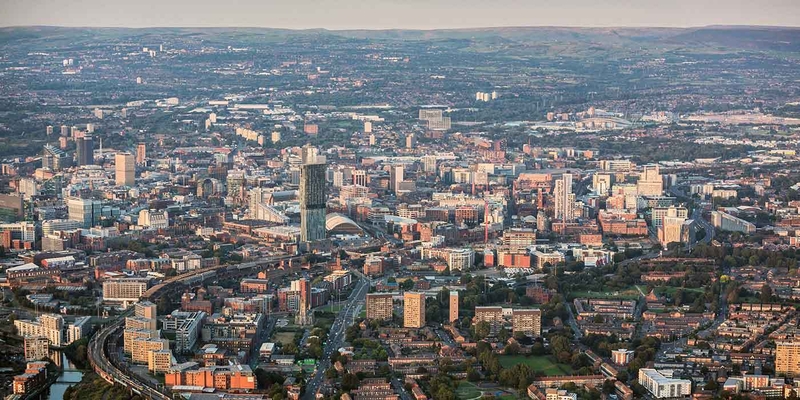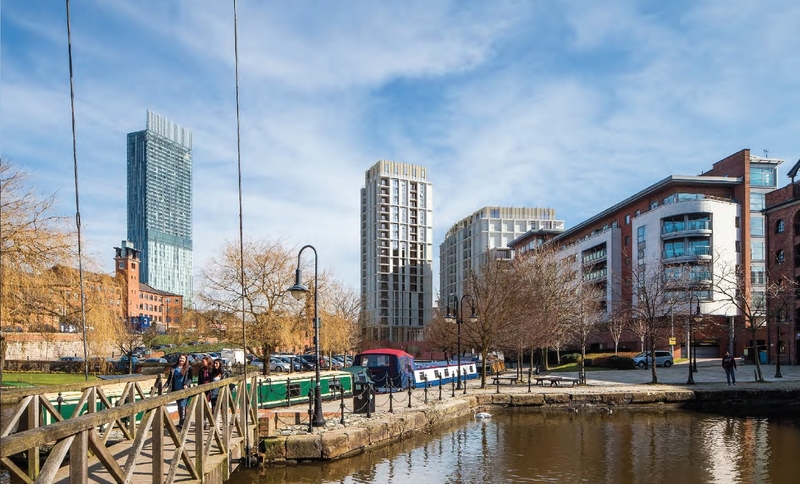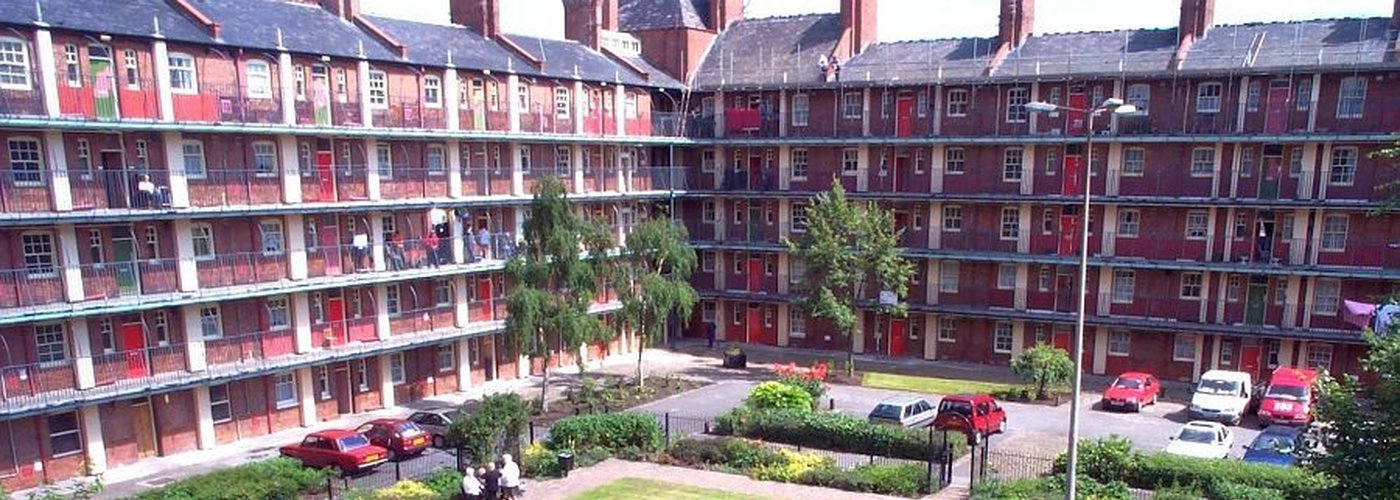Sam Wheeler explains why the current housing debate is nothing new
The challenges Manchester faces aren’t new. The restlessness that is raising its head in Manchester isn’t new
It’s a set of elections following major boundary changes. The ruling party of decades is defending its record in the midst of a government austerity programme. While environmental issues, child services and local taxes are high on the agenda, housing is dominating the conversation, with demands for 20,000 homes over the next three years and at times brutal disagreements about the power of Manchester’s local government to act. Even the Guardian is sticking its editorial oar in.
This was Manchester in the run up to the council elections of 1919, when the Labour Party doubled its elected representatives and broke the Conservative rule of Manchester. With the exception of a brief period in the late 1960s, they’d never regain overall control. It did take, however, another 26 years for Labour to obtain its first overall majority, in part because of the disparate band of Liberal Party and Independent councillors who objected to overt party politics. It finally achieved this in 1945, the same year of the first majority Labour government.

The history is necessary to set the current discussions about Manchester in context. There has never been enough of the right housing in Manchester, because it is a living city. By the time you build it the demands have changed. You build working class housing in the centre, and the kids of those workers consider it a slum. They move to social homes with gardens on a bus route, and their children in turn want the nice house with the driveway in suburbia. And, from that quiet cul-de-sac, the next generation dream of living amongst the lights and sounds of the city centre, whatever compromises they need to make in space for it to work.
This endless renewal is a vital part of Manchester, a place which has stubbornly refused to accept stagnation. It’s a route I can trace through my own family, from my great-grandmother who lived at the top end of Tib Street, my grandparents raising a family in Ardwick, my parents moving us out toward Debdale to myself, wandering in wonder round Victorian back streets to canvass.
in 1901 the Corporation had precisely the same argument that is currently spilling out into public discourse
The housing debate then is not new, and there never was a golden age of planning in our city. Not even the casting of envious eyes at European municipalities is novel. As long ago as 1904, the Citizens’ Association for Improvement was denouncing the “piecemeal policy” of looking at individual lots, and writing approvingly of Prussian planning.
In 1933 Sir Ernest Simon, a liberal politician who later defected to Labour, lamented that every year there were 500 new families without housing provision. “The social and economic costs soar with the buildings… unless you are prepared to reduce your minimum standards for community provisions,” cried a local government reporter in 1957. The past isn't dead, it's not even past.

Perhaps most tellingly of all, in 1901 the Corporation had precisely the same argument that is currently spilling out into public discourse; that building housing for those on modest incomes in Manchester was being thwarted by high land values. The argument then was that the only way to do it was by building tenements, with public money, on the basis of granting homes to people on less than 25s a week. By labour power that would be about £475 a week today. Alderman McDougall may have been on to something there.
Yet while the challenges may be the same, there is a difference between previous administrations of our city and where we are now, and that is a question of power. Local government has never been as shackled as it is today. It is not merely the lack of money, but the deliberate hobbling of local authorities’ power to borrow to build at commercial rates, as the old Manchester Corporation could do.
No previous administration had to deal with a bureaucratic culture which so clearly views elected representatives of the people as superfluous at best
No previous version of our city government had to deal with a distant Secretary of State, like some colonial viceroy, telling us we weren’t allowed to say no to a developer. And no previous administration, even Richard Leese’s predecessor Graham Stringer, had to deal with a bureaucratic culture which so clearly views elected representatives of the people as superfluous at best, and obstacles to be overcome at worst. In earlier times they wouldn’t have dared.
The challenges Manchester faces aren’t new. The restlessness that is raising its head in Manchester isn’t new. Indeed, even the methods by which this is happening, with community groups led by and large by young activists, aren’t new. Of course we should look for answers and solutions. But the problems are rarely going to be nefarious individuals or dastardly schemes. They are more often the banal, ongoing challenges of running the first city of the industrialised world.
Sam Wheeler:
Sam Wheeler is a Manchester native, a Labour Party and trade union activist of over a decade, and has been selected as a Labour candidate for the new Piccadilly Ward at May’s local elections. His other articles include:















